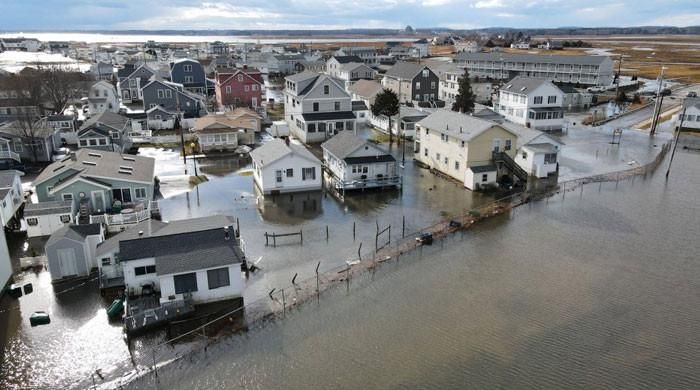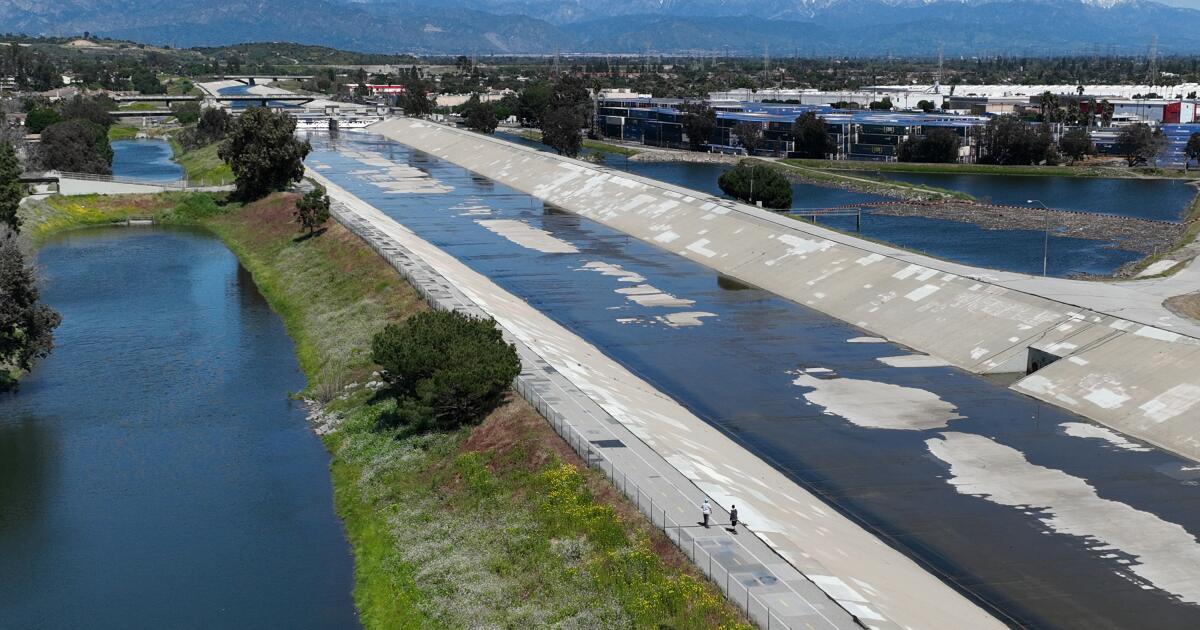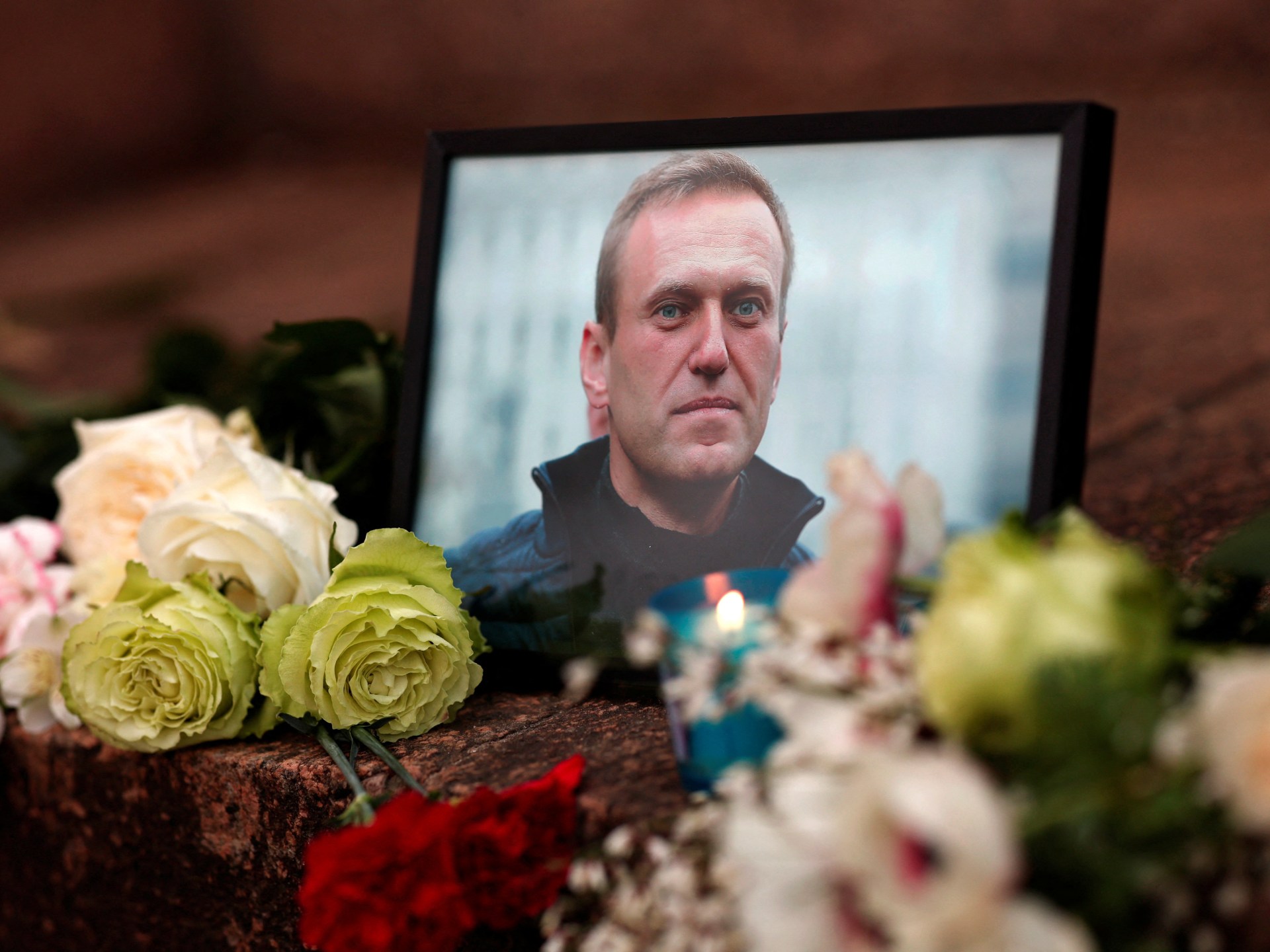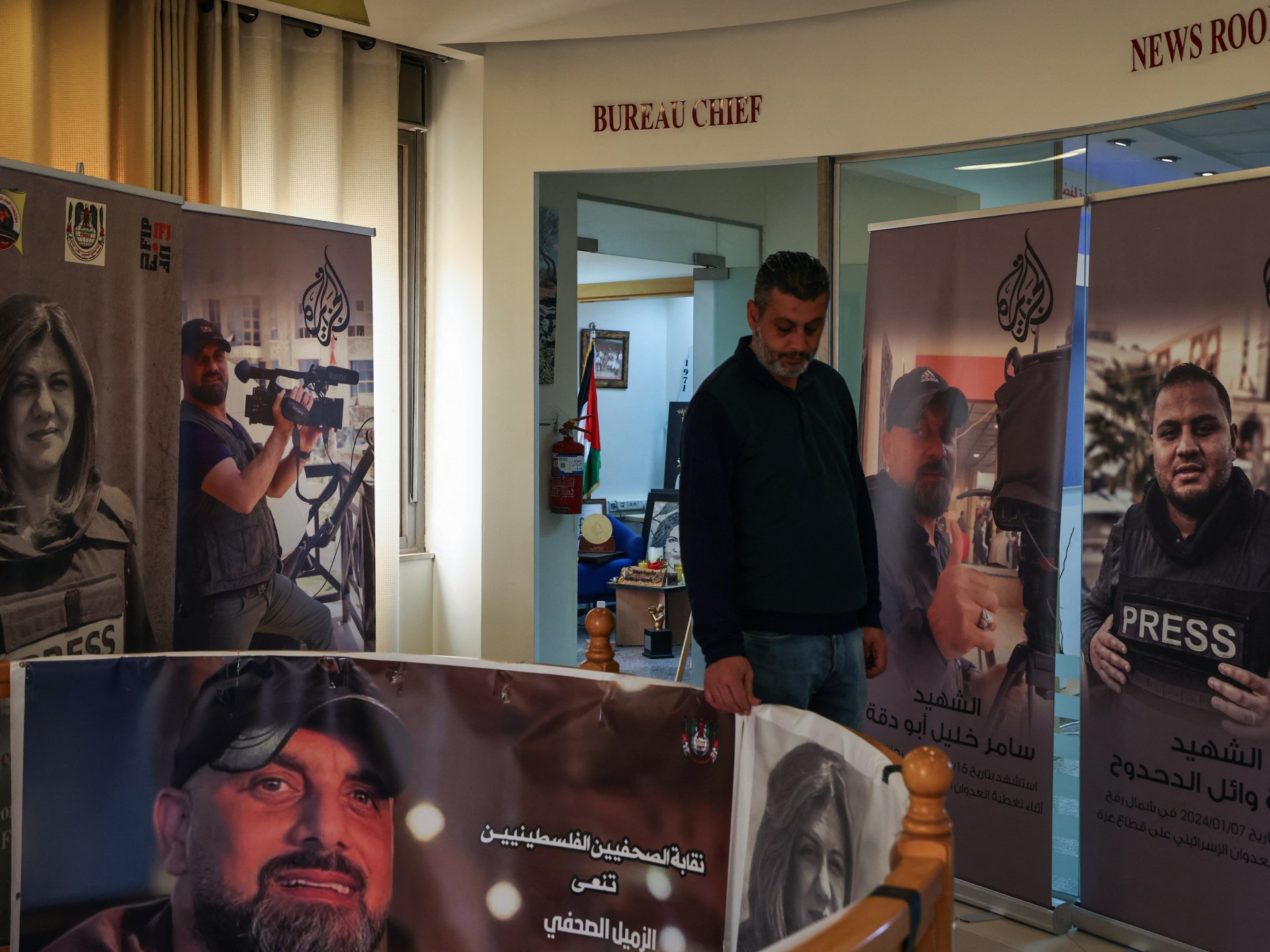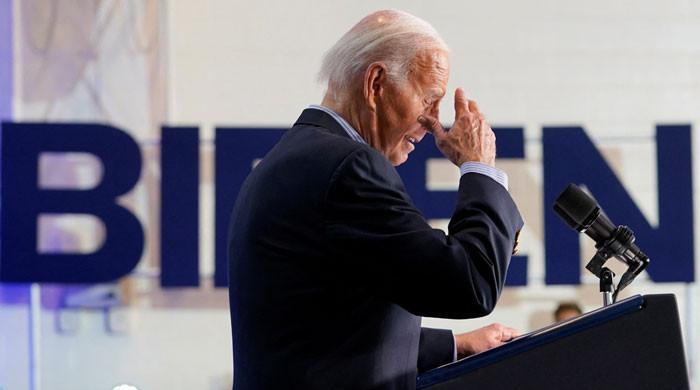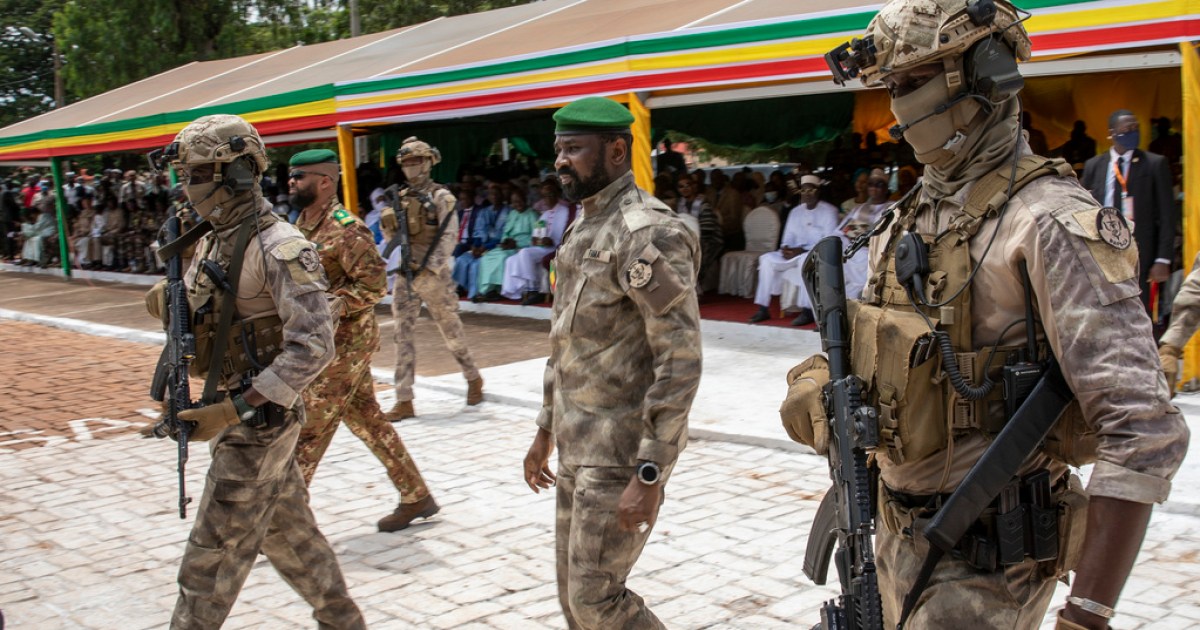In Iowa, with temperatures expected to fall below zero degrees Fahrenheit, the NWS warned of risks of frostbite and hypothermia.
A ferocious snowstorm has hit the Midwest, sending shock waves across the region and casting a disturbing spell on the upcoming presidential campaigns.
Tens of millions of Americans are dealing with dangerous weather conditions as heavy snowfall, fierce winds and frigid temperatures wreak havoc. The impact on travel and public safety is profound, and the political landscape is experiencing a shakeup just days before the crucial Iowa caucuses.
Air travel has been severely affected, with more than 5,000 flights canceled or delayed across the United States. Chicago O'Hare International Airport, a major hub, saw planes grounded due to blinding snow and powerful winds that reached up to 60 miles per hour.
The tumult in the skies has not only stranded passengers but also forced Republican presidential candidates in Iowa to cancel events, reshaping their strategies on the eve of a crucial election moment.
The blizzard's arrival in the upper Midwest prompted warnings from the National Weather Service (NWS) about dangerous conditions. Meteorologist Zack Taylor emphasized the danger of unnecessary travel, noting that visibility on some Chicago roads was less than half a mile.
In Iowa, where temperatures were expected to fall below zero degrees Fahrenheit, the NWS warned of the risks of frostbite and hypothermia, creating a challenging backdrop for political campaigns competing for attention and support.
As the Midwest faces the onslaught of the blizzard, concerns are emerging about the impact on voter turnout in the Iowa caucuses. Republican presidential candidate Nikki Haley, recognizing the challenges, opted for a strategic shift, replacing rallies physical with telephone events. However, the unpredictable weather adds an element of uncertainty, making it a test for candidates and voters alike.
Beyond the political sphere, power outages increased to more than 160,000 in several states, compounding the challenges faced by residents facing harsh winter conditions. As the snowstorm intensifies, it not only freezes travel plans and campaign events, but also underscores the vulnerability of communities to extreme weather.
The Midwest, caught in winter turmoil, finds itself at the intersection of a political and meteorological storm, reshaping the narrative just as the nation prepares for a crucial political season.

